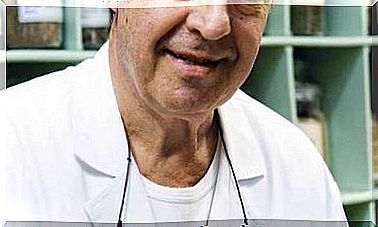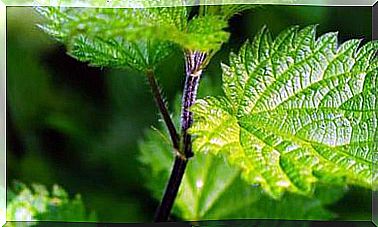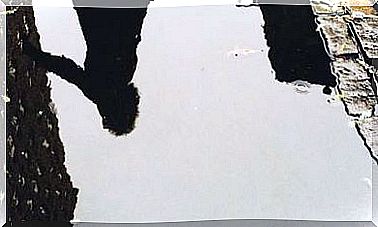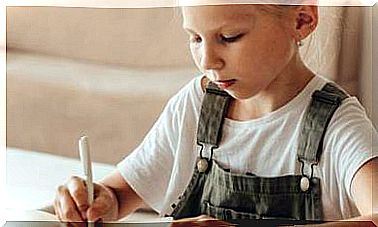“Your Choices Have A Very Real Effect”
Will McCallum, Director of the Oceans campaign at Greenpeace-UK, encourages all of us to change habits.
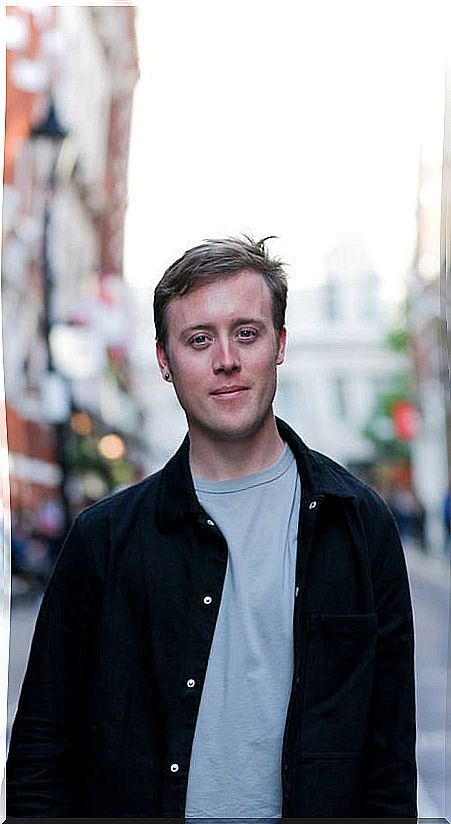
Some types of plastic float and others remain at the bottom of the sea. Thus they poison and choke many animal species, which also end up sometimes in our stomach.
On the other hand, the microplastics and microfibers that synthetic clothes shed when we wash them can end up in the salt we eat. Not to mention the unnecessary use of so many plastic bags.
That is why Will McCallum, director of the Greenpeace Oceans campaign in the United Kingdom since 2015 , encourages fighting and eradicating it in his book Leave Plastic (Ed. Peninsula). With data and alternatives it encourages us to a citizen activism that reduces its consumption and that also happens to share new habits, to “begin to build a real movement that asks for a change”.
“Is plastic the biggest problem in the oceans?”
—The biggest problem is the increase in CO2 emissions, which is causing the acidification and warming of the oceans. But plastics are what worries the most because they are very visible.
– Are single use the most difficult to replace by the industry?
“Yes, that’s why they have to be reduced.” The industry should properly audit all its packaging and determine which can be disposed of. And product designers should now put all their talent into creating simpler, less packaging. What the industry must not do is substitute one material for another, because then it is not solving the environmental problem but rather creating a different modality of the problem.
Producers have to start taking responsibility
– Politicians fall short when it comes to holding manufacturers accountable?
-Effectively. At this time, consumers and people are the ones who are most responsible for waste in their daily lives, despite the fact that we have very few options because manufacturers do not give them to us. Politicians must make sure that producers are already looking for ways to reduce the plastic they make and are fully responsible for the end of life of their products because for too long they have been allowed to produce without having to take responsibility.
—Although we strive now to eliminate it, several generations will suffer the consequences of plastic pollution. Isn’t it demotivating?
—The rate of plastic pollution will quadruple between now and 2050, and while our use of single-use plastics has already had a serious impact on our planet, if we don’t act now, the problem could get much worse, which should encourage us everyone to act.
—The anti-plastic community grows on the internet but you also encourage us to be activists and organize protests. Is it necessary to get involved all of us to achieve important changes?
—Yes, I think people should do what they can to reduce it, because every plastic fragment and item really has an impact on our beaches and oceans if it ends up there. A precious ocean creature could accidentally swallow a straw or plastic bag, so our choices have a very real effect. But most importantly, any personal decision we make to reduce plastic must be shared with friends, family, and colleagues. And we can go even further if we communicate them to supermarket managers and politicians. By talking about this problem, we model the good behavior of others and begin to build a real movement calling for change.
– Are the enzymes discovered a few years ago capable of eating the plastic effective enough to degrade the accumulated quickly?
—These enzymes are many years away from being a commercially viable solution for reducing plastic in the environment, if they ever go that far. That is why this is a problem that we have to tackle now, and we already know what the best solution is: reduce plastic in general, eliminate plastic that pollutes our waters, and to avoid the consumption of plastic bottles, facilitate access to drinking water. in homes and municipalities by increasing the number of water sources to discourage people from buying bottled water.
Bioplastics are not a good alternative today
—You claim in your book that there are fake bioplastics and ecological plastics. How can we recognize those that are really rapidly degradable?
– Currently there are no good bioplastics that should be treated as a good alternative to conventional plastic. Many do not compost adequately or quickly enough, or are made of materials that create an additional environmental problem such as excessive waste of water or soil.
“Will there be penalties for Unilever, Nestlé and Procter & Gamble, three of the biggest big polluters, since most single-use plastics come from them?”
—It is absolutely necessary that they be sanctioned if they do not implement ambitious goals to drastically reduce single-use packaging. They must also redesign the packaging they use so that our waste management systems can treat them properly since many today cannot be recycled.



